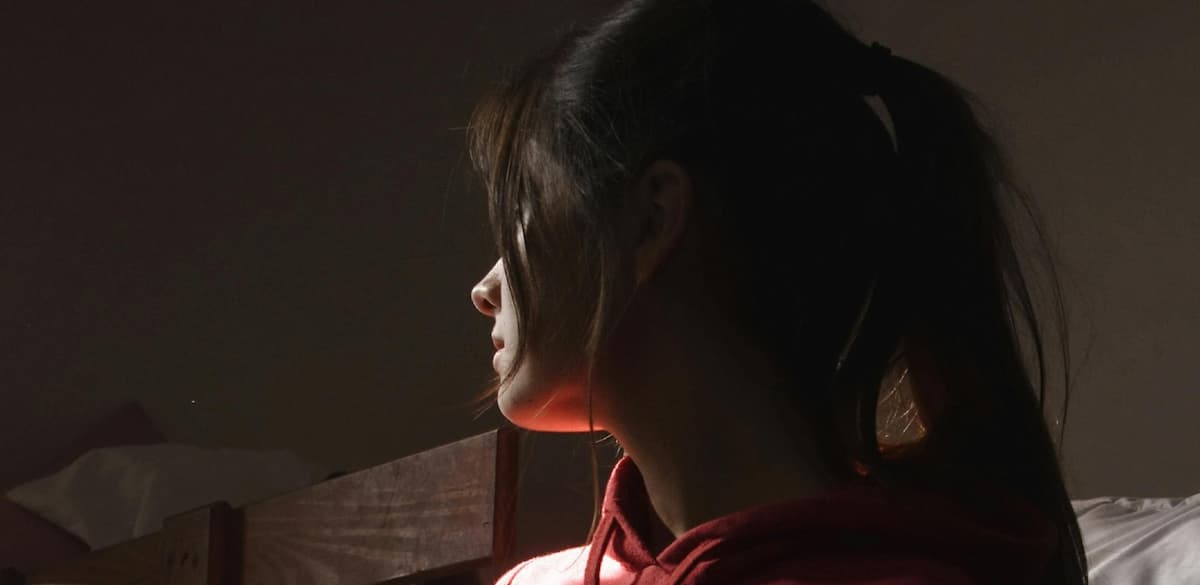Almost half of all Americans report feeling lonely or left out.
Sleep deprivation makes people feel more lonely.
Not only that, but lack of sleep makes people less likely to engage with others, so compounding the problem of loneliness.
The reason is that people feel socially unattractive when they don’t get enough sleep.
And others spot this: loneliness is spread, almost virally, from sleepy people to the well-rested after only a short encounter.
The study’s findings show that lack of sleep and loneliness interact with each other to make the problem worse.
Professor Matthew Walker, study co-author, said:
“We humans are a social species.
Yet sleep deprivation can turn us into social lepers.”
Sleep’s social cost
For one study, the researchers scanned people’s brains while they watched videos of strangers walking towards them.
Brain activity in the sleep deprived showed they would rather avoid social contact.
Professor Walker said:
“The less sleep you get, the less you want to socially interact.
In turn, other people perceive you as more socially repulsive, further increasing the grave social-isolation impact of sleep loss.
That vicious cycle may be a significant contributing factor to the public health crisis that is loneliness.”
Dr Eti Ben Simon, the study’s first author, said:
“It’s perhaps no coincidence that the past few decades have seen a marked increase in loneliness and an equally dramatic decrease in sleep duration.
Without sufficient sleep we become a social turn-off, and loneliness soon kicks in.”
Professor Walker thinks the lack of a safety net is why sleep deprivation can be so harmful:
“There’s no biological or social safety net for sleep deprivation as there is for, say, starvation.
That’s why our physical and mental health implode so quickly even after the loss of just one or two hours of sleep.
On a positive note, just one night of good sleep makes you feel more outgoing and socially confident, and furthermore, will attract others to you.”
Related
- 8 Shocking Ways Loneliness Rewires Your Brain (P)
- Banish Loneliness: 10 Simple Techniques To Feel More Connected (P)
The study was published in the journal Nature Communications (Simon & Walker, 2018).

